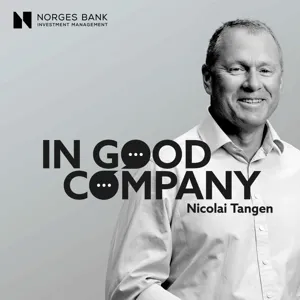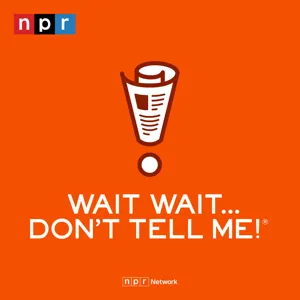Covid vaccines and false claims about miscarriage

Misinformation around covid-19 and vaccines is rife and as the data available increases, so do often misleading and even wild claims. This week More or Less examines multiple viral claims that the Covid 19 mRNA vaccines increase the risk of miscarriage. To explain where these incorrect figures come from and what the science actually tells us, we are joined by Dr Viki Male, senior lecturer in reproductive immunology at Imperial College London. Presenter: Charlotte McDonald, Producers: Octavia Woodward and Jon Bithrey Editor: Richard Vadon Sound Engineer: John Scott Production Co-ordinator: Helena Warwick-Cross
(Photo by Matthew Horwood/Getty Images)








